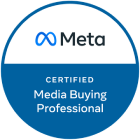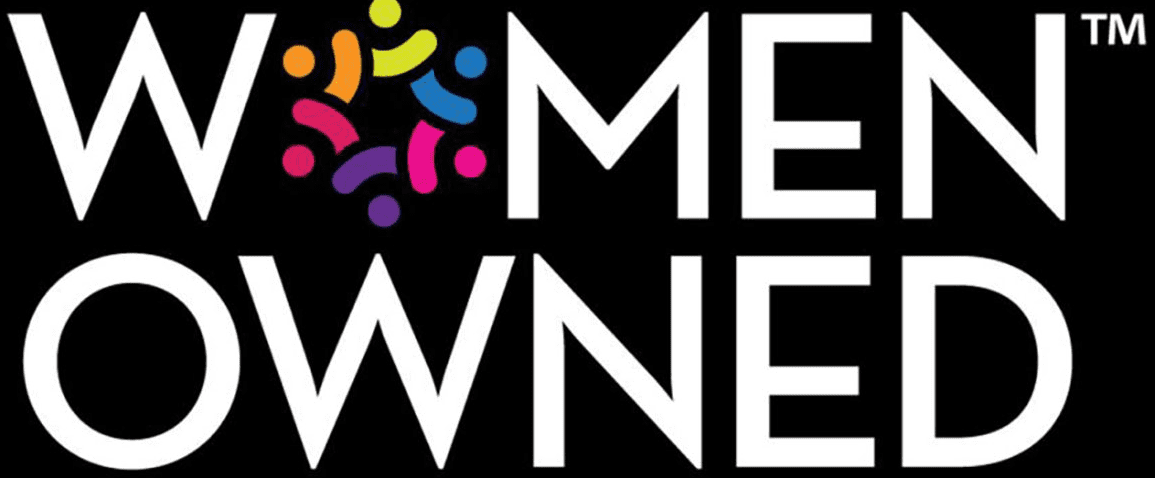Algorithms for Google, Facebook, etc. affect online organic reach. Learn how algorithms work and what they mean for digital marketing in this blog post. Irvine Digital Marketing Agency
Your Marketing People
200 Spectrum Center Dr,
Suite 300-B
Irvine, CA 92618
949.484.9104
team@yourmarketingpeople.com
Established in 2017, Your Marketing People is an Irvine-based digital marketing agency specializing in paid search, SEO, social media marketing, and video marketing. Our team of data-driven analysts and creative strategists works in unison to develop a holistic marketing approach for high-profile eCommerce, automotive, financial, and real estate companies and educational institutions across North America.
https://yourmarketingpeople.com
https://www.instagram.com/yourmarketingpeople
https://www.facebook.com/YourMarketingPeople
Tweets by YMP_agency
https://www.linkedin.com/company/16172175/







